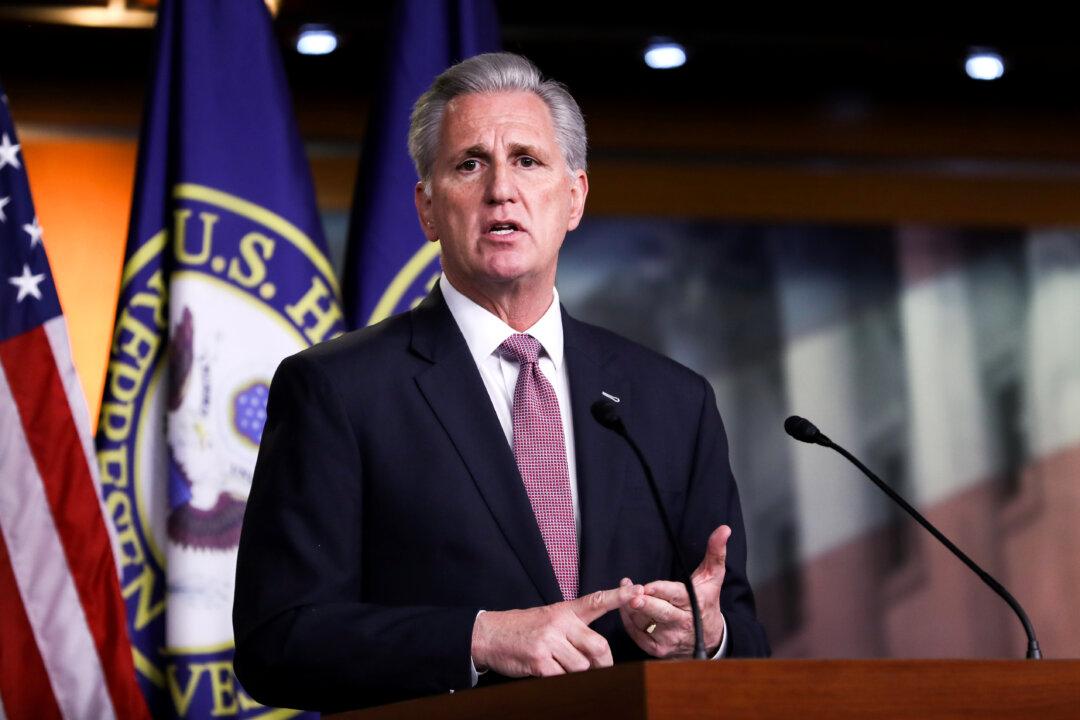A federal judge has dismissed a lawsuit filed by House Republicans seeking to overturn a system of voting that allows members to vote remotely by proxy during the COVID-19 pandemic.
Judge Rudolph Contreras of the U.S. District Court of D.C. ruled on Thursday that it could not intervene in the matter because of Congress’s immunity under the Speech or Debate Clause of the Constitution. The clause states that “for any Speech or Debate in either House” members of Congress “shall not be questioned in any other place.”




